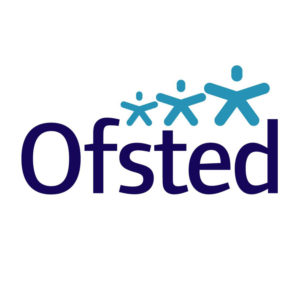Children often come into care with gaps in their vaccination history, and it is usually a priority within the child’s first Health Plan to have any missed vaccinations as soon as possible.
The NHS vaccination programme protects children against a wide range of infectious illnesses, including:
- Measles
- Mumps
- Rubella (German measles)
- Polio
- Whooping cough
- Meningitis
Young children are also commonly affected by the following illnesses:
Chickenpox
Chickenpox is characterised by red spots with fluid-filled blisters that burst and then scab over. The blisters develop across the face, torso and limbs over several days, and the child is highly infectious until all the blisters have scabbed over. This usually takes at least one week.
Unless the child becomes very unwell, they do not usually need to see a GP or receive any medication for chickenpox. If they have a fever, this can be treated with paracetamol at home and the itching can be relieved with:
- Calamine cream
- Cool oatmeal baths
- PoxClin Coolmousse
- Piriton
The current advice from NHS is to not give ibuprofen to children with chickenpox.
Tonsillitis
Most cases of tonsillitis are viral and will improve with home remedies within one to two weeks.
Children with tonsillitis will have a very sore throat, particularly when swallowing, swollen red tonsils and swollen neck glands. The symptoms can be relieved with paracetamol or ibuprofen, throat lozenges or throat sprays.
If the child has a very high temperature, pus-filled spots on their tonsils, a white strawberry tongue or a sandpaper rash on their body consult your GP as these suggest a possible bacterial infection (streptococcus) or scarlet fever, and the child will need antibiotics.
Slapped cheek disease (aka fifth disease)
As the name suggests, this involves a bright red rash on the cheeks, which often then appears on the trunk and limbs. The child is no longer infectious after the rash appears, which is why this illness spreads easily within groups of children at nursery/primary school.
The illness is mild and can be treated with fluids, rest, paracetamol or ibuprofen for discomfort and fever.
For information about childhood illnesses and treatment advice visit:



